This
post was originally published on
this sitehttp://chriskresser.com/

Centuries ago, coffee—a dark, exotic beverage derived from a strange bean grown in a faraway land—was viewed with suspicion. As coffee houses opened across Europe, some claimed this robust and alluring drink would lead to gambling addiction! Lewd behavior! Impotence! Of course, its popularity has persisted across the ages, but even in the 1970s and ’80s, coffee was still taking knocks as a dangerous substance, with some research suggesting a link to heart problems—though those studies never controlled for other factors like smoking, obesity, and hypertension—all risk factors on their own. (1)
Fortunately, research methods have vastly improved and the picture that is coming into focus with more accuracy is quite different. Coffee, according to the latest studies, may have many health benefits, and it could even contribute to longevity. I’m excited to share those findings with you here. If you’re an avid consumer like me, knowing where the science stands on the health benefits of coffee today will help you enjoy the aroma and flavor of your daily drink even more.
It is important to note that while the bulk of research suggests coffee consumption is highly beneficial, whether it’s good for you depends on several different individual factors. Keep reading to learn more.
Perk Up: Your Coffee Habit Could Help You Live Longer
I recently saw this headline in the New York Times: “Coffee Drinkers May Live Longer.” I knew previous studies had linked coffee to a lower risk of death, but as I read the article, I grew more intrigued by the findings of the particular study it cited.
That study, published in
JAMA Internal Medicine, found that
drinking coffee is associated with a longer lifespan and lower risk of death from all causes—but especially from cardiovascular disease and cancer, two of the top five causes of death. (
2)
Researchers analyzed demographic and health data on more than 498,000 British men and women, which included information on their coffee consumption and whether or not they had genetic variants that affect caffeine metabolism.
After 10 years, researchers found that those who drank a cup of coffee a day had a 6 percent lower risk of death than those who drank less than that amount. Participants who consumed eight or more cups a day had a 14 percent lower risk.
This was an observational study, so the standard caveat to nutritional research applies: It doesn’t prove that coffee consumption caused the lower risk of death; it just shows an association between coffee consumption and longer lifespan. What’s more, the reductions in relative risk observed in these studies (6–14 percent) are very small, which makes it much more difficult to distinguish them from chance.
However, there are a few reasons to believe that there may be a causal relationship:
- The results were adjusted for age, race, smoking status, sex, body mass index, alcohol consumption, and other health and behavioral factors
- The associations were similar for regular and decaf coffee and for ground and instant
- Genetic variants (which I’ll explain later in this article) that affect caffeine metabolism didn’t affect the results
- The more coffee people consumed, the greater the protective effect
That isn’t the first study to investigate coffee’s impact on total or cause-specific mortality risk and to conclude that consumption may aid in longevity. In 2017, researchers studied an ethnically diverse group of participants in Hawaii and Los Angeles. They reported a link between daily coffee intake and reduced risk of death from all causes, as well as death from: (3)
- Heart disease
- Cancer
- Stroke
- Diabetes
- Kidney disease
- Respiratory disease
Compared with subjects who never or only rarely drank coffee, participants who drank one cup a day were found to have a 12 percent lower risk of death. Participants who drank three cups of coffee daily had an 18 percent lower mortality risk. The results were the same for both caffeinated and decaffeinated coffee and held true regardless of age, sex, alcohol consumption, or smoking status.
And, the benefits were observed similarly in African Americans, Japanese Americans, Latinos, and Caucasians.
In 2014, a comprehensive review and meta-analysis of 20 previously published studies found that coffee consumption was associated with a reduced risk of total mortality. (4)
Although some of the older studies in this review did not specifically evaluate the role of caffeine in the beverage’s health benefits, researchers concluded that, in general, drinking coffee appears to confer longer life.
More Strong Research about the Health Benefits of Coffee
So, you may live longer if you’re a coffee drinker … but what about lowering your risk of chronic disease as you age? Can coffee help? It appears to be the case. Research shows that drinking coffee may lead to a reduced risk of developing:
- Cardiovascular disease
- Certain cancers
- Parkinson’s disease
- Depression
Although the studies shared below don’t explicitly state why coffee has such wide-reaching health impacts, there are several mechanisms at work that could explain the impressive effects.
Chiefly, coffee contains polyphenols, compounds that act as antioxidants, and we know that components in coffee can trigger antioxidant gene expression. Coffee also appears to be anti-inflammatory. These two reasons alone could explain why it seems to be so healthy. After all, a great number of modern diseases are triggered by inflammation and oxidative damage.
Here are four more reasons to drink up.
1. Coffee Could be Heart-Healthy
In one review and meta-analysis of 36 studies, researchers found an association between coffee consumption and reduced risk of cardiovascular disease, with the lowest risk found in those who drank three to five cups daily. Heavy coffee consumption was not associated with elevated risk of cardiovascular disease. (5)
It may help prevent stroke, specifically. Regular coffee drinkers (who drink at least one cup a day) have been found to have a 20 percent lower risk for stroke compared with those who seldom drink coffee. (6, 7)
Coffee also protects against individual risk factors for cardiovascular disease. Coffee consumption has been linked with higher HDL and lower LDL cholesterol (the “good” and “bad” levels, respectively) and a reduced risk of metabolic syndrome and type 2 diabetes. (8, 9, 10, 11)
2. Coffee Could Help Lower Your Risk of Cancer
Coffee contains hundreds of potentially protective biologically active compounds, including flavonoids, lignans, and other polyphenols shown to inhibit metastasis, regulate genes involved in DNA repair, and block cellular damage as well as curb inflammation. More than 1,000 studies have examined the link between coffee and the prevention of certain cancers. (12, 13)
Breast
A higher intake of caffeinated coffee has been linked to a lower risk of postmenopausal breast cancer. (14) In another study, coffee consumption reduced the risk of estrogen-receptor-negative breast cancer by 57 percent but had no impact on estrogen-receptor-positive tumor risk. (15) It could also benefit women already diagnosed: in 2015, Swedish researchers discovered that coffee inhibited tumor growth and reduced recurrence risk in women diagnosed with breast cancer and treated with the drug tamoxifen. (16)
Prostate
In one meta-analysis of 13 cohort studies, coffee was associated with a reduced risk of prostate cancer, an association that has proved particularly strong for lethal forms of the disease. (17, 18)
Liver
A study in 2005 showed that men and women who consumed coffee daily or almost daily had a lower risk of hepatocellular carcinoma (HCC) than those who almost never drank coffee. (19) More recently, researchers found that just one cup a day could cut the risk of HCC by 20 percent. (20)
Colorectal
In one study, coffee consumption was associated with 26 percent lower odds of developing colorectal cancer; the inverse association was also observed in those who drank decaf coffee. (21)
3. Coffee (If It’s Caffeinated) May Halt Parkinson’s Disease
Higher coffee and caffeine intake has been associated with significantly reduced incidence of Parkinson’s. Various studies put the risk of reduction between 32 and 60 percent. (22, 23) Researchers propose this may be because coffee increases gut motility, which could help create an intestinal environment that resists Parkinson’s disease-associated pathology. (24)
4. Coffee Might Protect You From Depression
A large longitudinal study of more than 50,000 women found that depression risk decreases with caffeinated coffee consumption; decaf coffee was not associated with depression risk, and no significant association was found between caffeine from non-coffee sources and risk of depression. The greatest decrease in risk was seen in women who drank more than four cups a day. (25) In another investigation, frequent coffee drinkers (two or more cups per day) were found to have a 32 percent lower rate of depression than non-coffee drinkers. (26)
Coffee Cautions: Why the Brew May Not Be Good for You
Tolerance to coffee, and caffeinated coffee in particular, is entirely individual. Be wary of consuming any or too many cups if any of these conditions apply to you.
You Have HPA Axis Dysfunction
I’ve talked about this before on Revolution Health Radio: if your hypothalamic–pituitary–adrenal (HPA) axis is dysfunctional, coffee could be a terrible idea for you, leading to serious jitters. You might have a dysfunctional HPA axis if you:
- Feel tired in the morning or have energy crashes in the afternoon
- Aren’t sleeping well, whether you have difficulty falling asleep or staying asleep
- Are having trouble recovering from exercise
Paradoxically, drinking coffee could make you more tired.
You’re a Slow Caffeine Metabolizer
Caffeine is metabolized by an enzyme in the liver that is encoded for by the CYP1A2 gene. About 50 percent of the population has a variant in the CYP1A2 gene that leads to slow caffeine processing. (You can get genetic data through companies like 23andMe and smartDNA that will tell you if you’re a “slow” or “fast” metabolizer; learn more here.)
If you’re a “slow metabolizer,” meaning that it takes longer for you to break down caffeine and that it lingers in your bloodstream, drinking coffee is associated with:
- Higher risk of heart disease
- Higher risk of hypertension
- Impaired fasting glucose
Slow metabolizers also may find that caffeine has a negative impact on their sleep quality.
You’re Pregnant
High levels of coffee consumption seem to increase pregnant women’s risk for preterm births and stillbirths, as well as giving birth to low-birth-weight babies. Limit your intake to eight to 12 ounces a day and opt for decaffeinated, as caffeine appears to drive associated risks. (27, 28)
If you don’t fall into any of the categories mentioned above but want to know whether coffee truly affects you positively or negatively, titrate yourself off coffee (reduce consumption slowly until off completely) and other sources of caffeine for at least 30 days. Then, add coffee back in and see how you respond.
I prefer organic coffee—a way to minimize your exposure to pesticides. And be mindful of what you add to your coffee. If you load it up with lots of sugar or other sweeteners and dump in processed non-dairy creamers, you may blunt the health benefits of coffee drinking altogether.
The takeaway: You can stop asking, “Is coffee a healthy beverage?” and instead start asking, “Is coffee a healthy beverage for me?”
Now, I’d like to hear from you. Did you know about these health benefits of coffee? How many cups do you drink in a day? How do you take your coffee? Let me know below!
The post The Top 5 Health Benefits of Coffee appeared first on Chris Kresser.
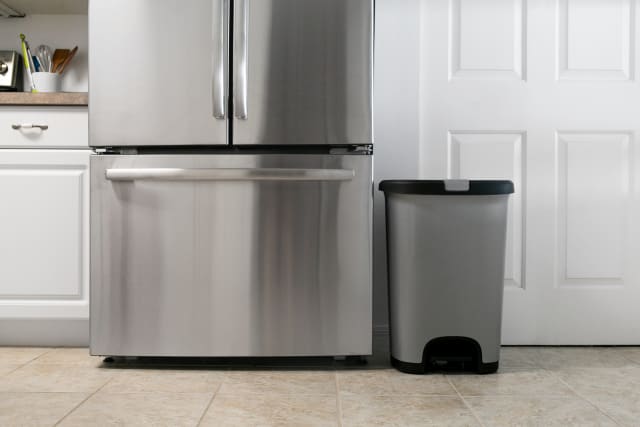


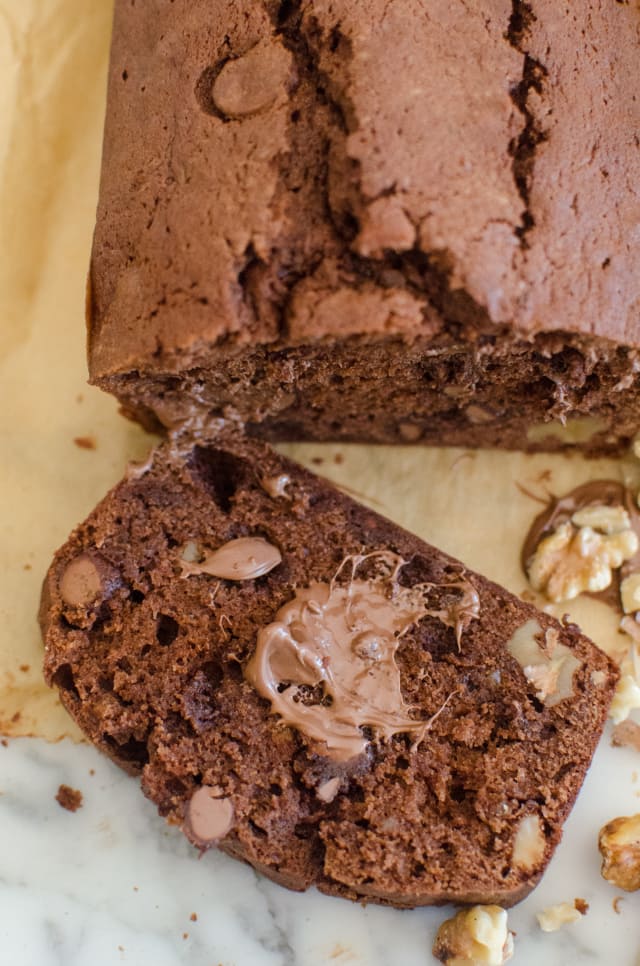



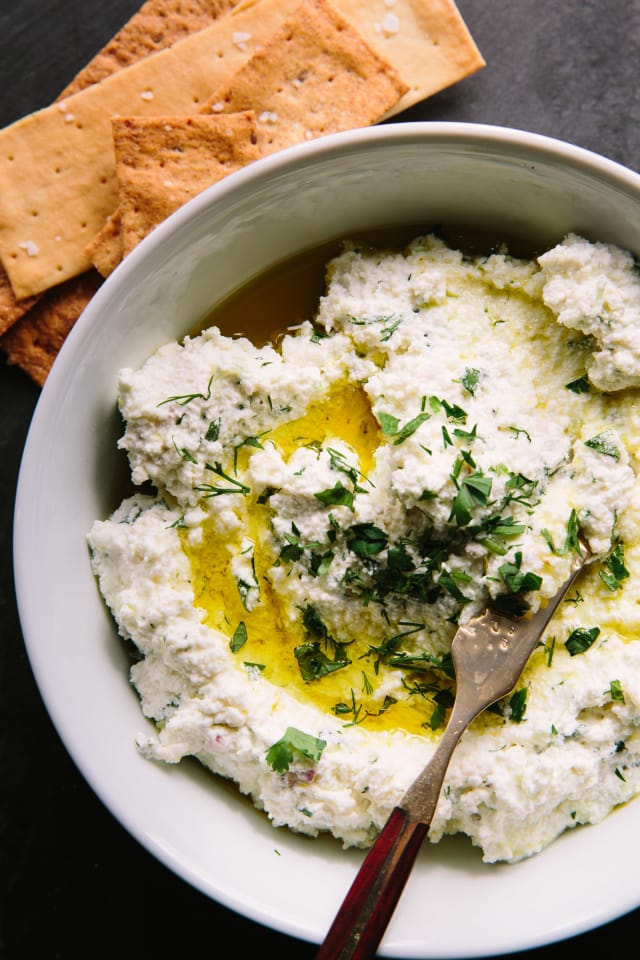
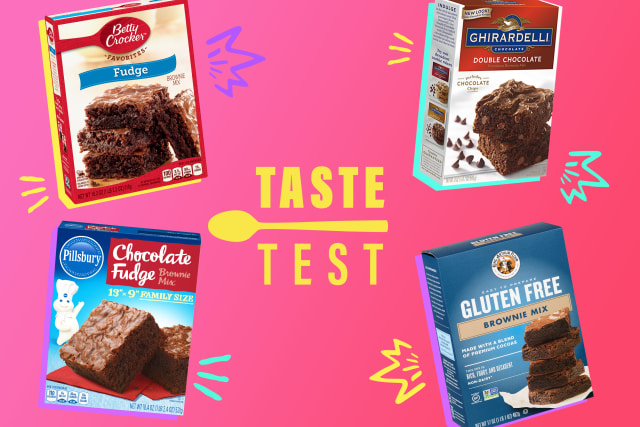
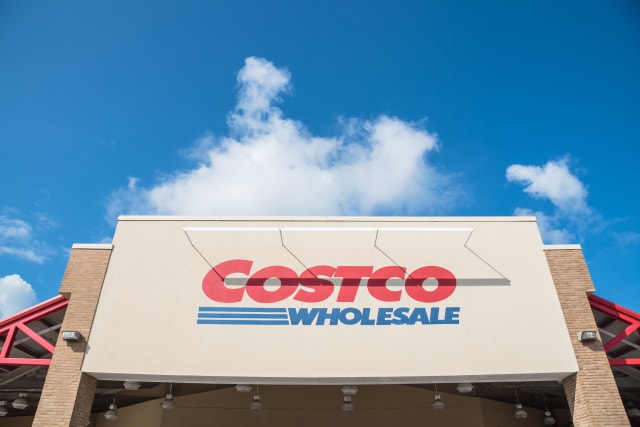
 For now classes are 6pm and 640pm at 2840 Wildwood st in the Boise Cloggers studio.
Book your class NOW!
click this ==>
For now classes are 6pm and 640pm at 2840 Wildwood st in the Boise Cloggers studio.
Book your class NOW!
click this ==>








